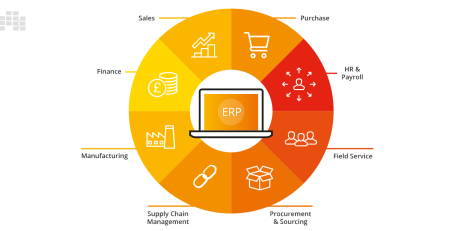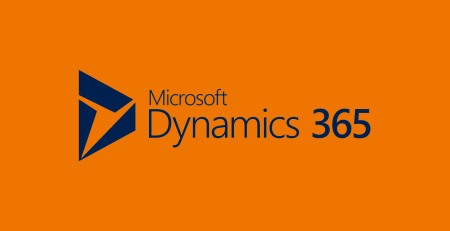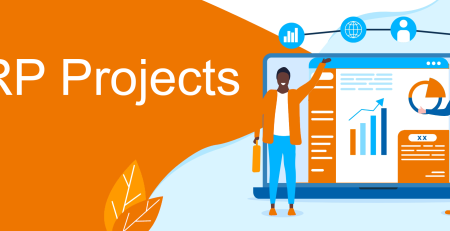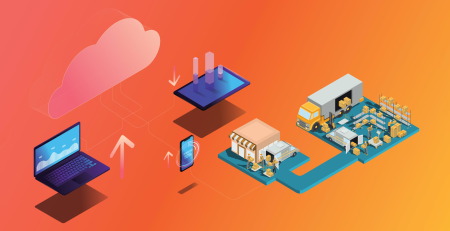Accounting Module Functions in ERP System
Accounts is a critical department in any corporation. To put it simply, you cannot manage a firm without accounting functions. It is critical to understand the cash flow among departments, as well as assess profit and loss, Ledger reports, and TDS computations. These data should be easily accessible and accurate in order to understand the condition of a corporate operation and to aid in audits. Let us look at the Accounting Module in ERP.
The accounts department has access to sensitive information regarding a company’s financial resources. As a result, keeping all of these data through the historical technique of massive mounds of files will be quite challenging. Having an accounts module within an ERP Software helps the firm keep track of information. The key advantage is that the module integrates with all other departments, which is especially useful in the manufacturing business where purchases are frequent. As a result, the accounting module keeps track of every transaction and generates financial strength reports. The automation templates simplify account entries, eliminate errors and miscalculations, ensure proper invoice format, and even taxation.
Some of the Accounting Module’s features in ERP.
Voucher: There are various types of vouchers depending on their intended use. Simply said, it is a document that proves redeemed transactions on a buy or sale.
Bank: It displays bank reconciliation statements (a summary of business transaction details with a balance sheet) as well as check information.
Petty Cash: This is a small sum of money used for small purchases without the need to write a check. As a result, you can use this function to check the information against a cash request, cash issuance, cash receipt, or bill settlement.
Ledger Report: This report allows you to obtain a summary of every transaction made in the organization. You can also tailor the reports to
GST Return : GST filing is made easy with ERP systems as it is directly integrated with the Government portal and also ensures the right format of invoices being generated.
Outstanding : This feature shows you all the outstanding amount details in terms of Receivables / Payables / Bill Reference with custom duration and company wise.
TDS Computation : Tax Deducted as Source (TDS) is the amount deducted by a payer for any kind of service or job done. Each product/service has its own percentage of deduction and it is predefined and automated in an ERP software making error free and saves time.
MIS : MIS reports can be generated to analyze information like Trial Balance / Profit and Loss / Balance Sheet / Stock Account / Budget Vs Actual / Ratio Analysis.
The overall benefits of Accounting features:
1- There is no need for spreadsheets, which can occasionally be inaccurate. Saving reports and bills as paper and storing them in big stacks of files is also difficult to maintain because it takes up more physical space, is less secure, and takes time to retrieve data when needed.
2- The ERP Software connects with all other departments where purchasing and selling occurs. This makes it simple for the accounts module to send bills quickly and properly, without missing any facts.
3- With ERP, you can create your own budget and track data on actual vs. spent. This allows you to maintain financial stability for the company.
4- Generating GST in accordance with government regulations and uploading directly to the portal saves time and avoids last-minute hassles.
5- No payments will go missing if appropriate reporting and tracking are used. With forthcoming notifications, you can ensure that the payment is also made on time.








Leave a Reply